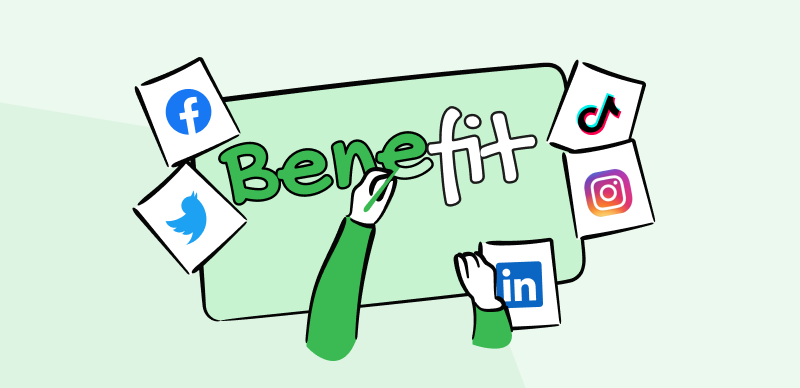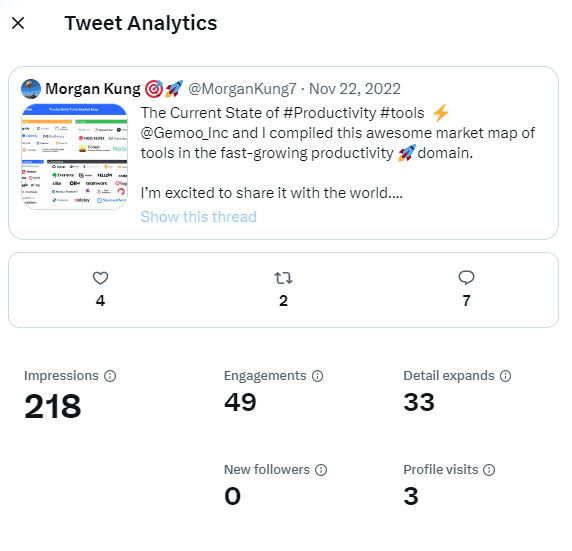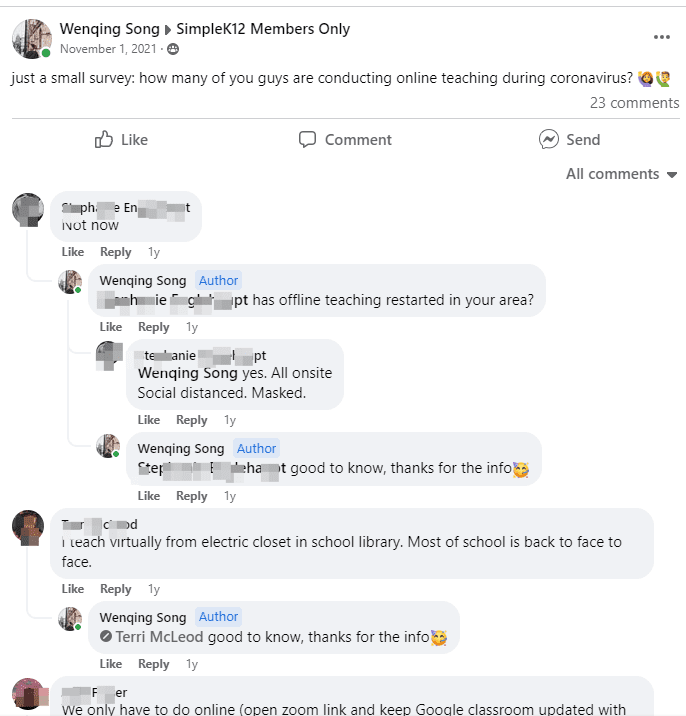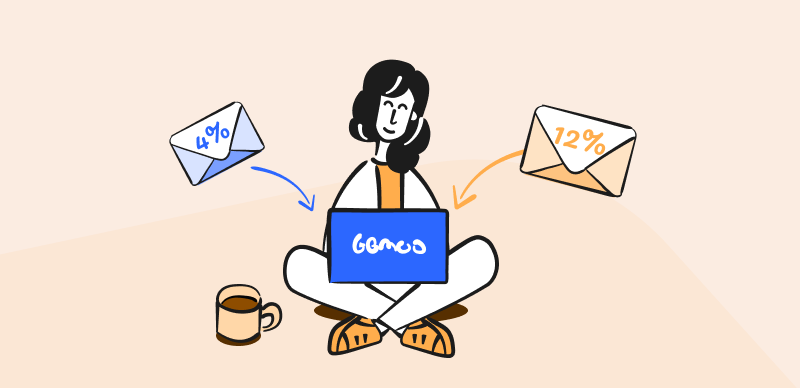Hi, it’s Morgan
What are your thoughts on social media? Read the latest news? Hang out with your friends? Get involved in popular activities?
Most startups, I’m sure, would see it as a platform for gathering user feedback or an easy way to connect with other startups for potential collaboration opportunities.

How to Use Social Media AS a Start Up
But are they truly beneficial? If so, in what way? If not, why? I’d like to make some suggestions from my perspective.
We use a plethora of social media platforms nowadays:
- Tiktok
…
Each of them is founded on different main purposes. Twitter for exploring the latest thing around the world; Facebook for communicating with friends, family, or business partners; Tiktok for having fun with short videos; Instagram for posting and sharing daily lives…
Whether you could achieve your purpose on these channels depends on how you treat them
As a startup, I do value the function of social media, but how much you can benefit from them depends on how you regard them.
In order to get the greatest benefits from them, I will raise my point for how to use them properly
Table of Contents: hide
Twitter for Building Startups Networks
Facebook for Finding Users’ Feedback
Twitter for Building Startups Networks
What is the purpose of almost every founder I know having a Twitter account? I’ve seen most of them show their daily lives, report on progress, and discuss the latest tech news… After speaking with a few of them, I discovered that almost everyone views Twitter as a public business card, to build or strengthen a network, particularly for startup founders, and sometimes they even screenshot Twitter to save their important information for later viewing.
You may argue that LinkedIn is superior for network building. That is true for the vast majority of people, or should I say large corporations, as well as B2B businesses. As a startup founder, I prefer to use Twitter to build my network.
It’s the best place to post our progress in product development, growth marketing, or revenue generation, which is quite inspiring and arouses the resonance of other founders. I can connect with founders, editors, designers, marketers, and anyone else to broaden my network and seek advice.
If you don’t want to waste time looking for niche communities, it’s a dream location for indie hackers or founders planning to build in public. Being active on Twitter yourself is advantageous for humanizing founders as well as businesses, which will increase trust and authenticity in order to gain more potential users.

Interaction Data of My Tweets
Facebook for Finding Users’ Feedback
I’m not a big fan of Facebook, but I’d like to start using it to promote my product because it’s one of the most popular social media platforms. So I try to find some communities, ask for their membership, and promote my products, but I’m not having any luck.
In my opinion, the core of Facebook is connecting with people in niche groups, which is more convenient and less strict than some niche communities.
So I alter my participation in Facebook groups. My teammates and I began conducting user surveys on groups and soliciting feedback on our product concepts. It is the first and most important step before constructing anything.
It turns out that joining a Facebook group and asking questions is a great way to conduct niche market research and gather user feedback. Following that, we even invite a user to participate in a user interview, which provides us with valuable feedback for future improvements.

One of My Teammates Is Gathering Users’ Opinions About Online Teaching
Linkedin for Building the Brand Officially
According to my points, if you’re willing to build your brand from the ground up, LinkedIn can be a great fit, serving as a flagship for your brand, which is an important part of any business plan.
It is an excellent venue for displaying company culture, shaping brand image, demonstrating team and product excellence, and strengthening user trust.
As a startup, few people are familiar with your products, your company, and you, so they may be concerned when receiving survival advice from your company; this is where LinkedIn comes in. Potential users will feel safer using your products if you create a company page ahead of time and show your company activities on a regular basis, including how your teammates are celebrating each milestone.
Concerns about how long startups will last may act as a barrier to potential customers trying your products. So try to show more about your company or team in order to acquire the first group of users in some way.

Showing the Celebration of Gemoo Recorder Release on LinkedIn
Tiktok for Expanding Brand Influence
TikTok is currently trending among Gen Z, so if your product is aimed at this demographic, it will be the best fit.
However, even if you are not targeting a young audience, startup founders can still use it. Tiktok, in my opinion, is a unique, stylish, and, of course, powerful platform. So, if you want to broaden your brand’s influence, this could be a good option.
When should you broaden your brand’s influence? As a startup, your first task will be to acquire as many users as possible, or to generate revenue as soon as possible, or to be invested as much as possible… It appears that brand influence is not the primary mission at this stage, so if you really want to grow on Tiktok, try it out in the middle or late stages, when the brand has been built but is still waiting to spread.
Also, if you’re on a tight budget and can’t make long YouTube videos, or if what you’re building is video-related, try Tiktok, it may surprise you.
We’ve also tried other platforms, such as Instagram and YouTube, but they’re underwhelming. I suppose Instagram is better for fashion brands to show their gorgeous pictures to attract customers, whereas YouTube is prohibitively expensive in terms of time and money, as you know, creating a long video is difficult.
All of the above points are based on my personal experience; whether you agree with them or not, you are welcome to debate them. I’m not a social media expert, but I’d very much like to chat with you. Connect with me ON Twitter.



